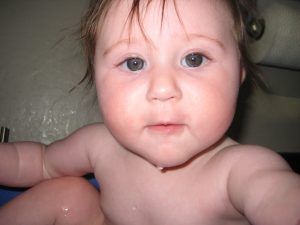I have worked as a clinical psychologist in intensive inpatient and outpatient settings since 1999 with focus on the treatment of depression, anxiety, and PTSD. My experience and recovery from PTSD/postpartum depression in 2010 following the birth of my daughter led me to further focus on peri/postnatal psychology, with interest on the impact of psychological trauma incurred during labor and delivery. Studies note an increased risk of birth trauma and PTSD when mothers undergo natural birth without pain relief. One is also at risk when unexpected procedures become necessary for the health of the mother or child. Ultimately, any experience of helplessness and perceived trauma (i.e., coping with something that feels beyond one’s ability to cope) can lead to traumatic symptomatology that puts a mother at risk for postpartum depression/anxiety/PTSD. Birth clearly has a psychological outcome in addition to the physical one.
I specialize in a range of perinatal and postpartum conditions. I have found that many American parenting “experts” narrow their view to the psychology of the child despite the fact that relationships involve two sets of needs negotiating in a unique way. As a result, we fail to pay enough attention to a parent’s psychology — her pain, her feelings, her needs — when we hold one-size-fits-all recommendations for hot topics like breastfeeding, co-sleeping, and sleep training. I hope to reduce an unnecessary judgement of mothers and broaden the understanding of what accounts for “healthy” parenting outside of ideological parenting expertise.
Boukje Eerkens, Psy.D., QME

